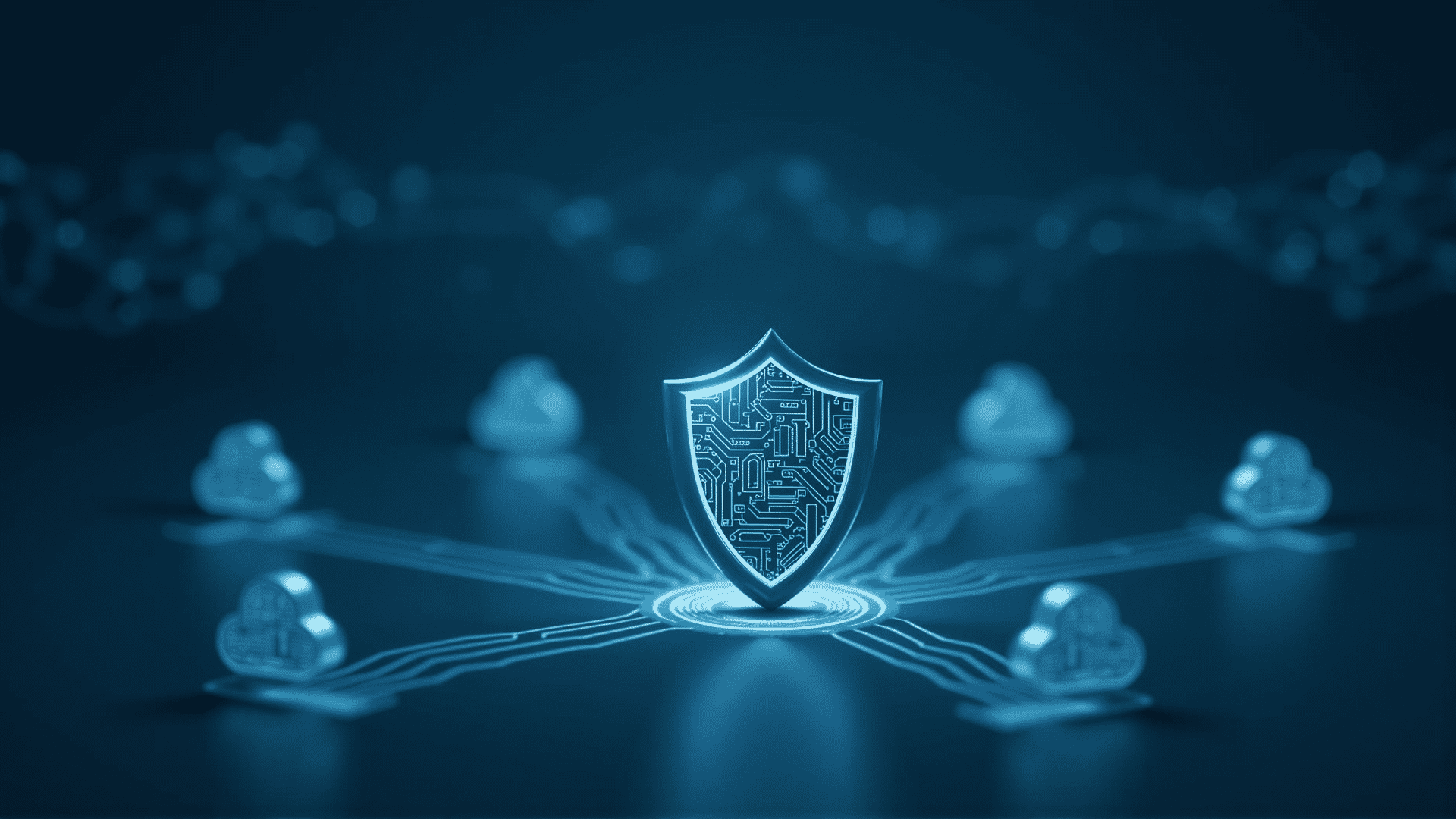In today's digital age, maintaining secure access to online platforms is crucial for safeguarding personal and sensitive information. As cyber threats continue to evolve, being equipped with the latest tools and adhering to best practices can make a significant difference in protecting your digital presence. Here are some essential guidelines to ensure a safer online experience.
Strong and Unique Passwords
Creating strong and unique passwords for each of your accounts is a fundamental step in securing digital access. Avoid using easily guessed passwords or common sequences. Instead, opt for a combination of upper and lower case letters, numbers, and special characters. Consider using a reputable password manager to keep track of your passwords and generate new, complex ones.
Two-Factor Authentication (2FA)
Enabling two-factor authentication adds an extra layer of security by requiring a second form of verification, typically a code sent to your mobile device, in addition to your password. This means that even if a password is compromised, unauthorized access can still be prevented.
Regular Software Updates
Keeping your software up to date ensures that you have the latest security patches installed. This applies to your operating system, browsers, and any applications that you regularly use. Cyber attackers often exploit vulnerabilities in outdated software, so prompt updates are crucial.
Awareness of Phishing Scams
Phishing scams often disguise themselves as legitimate communications to trick users into revealing personal information. It's essential to be vigilant about suspicious emails or messages, especially those requesting sensitive data. Verify the sender's authenticity by checking email addresses and looking for signs of generic language or poor grammar.
Secure Network Connections
Using secure and private internet connections minimizes the risk of unauthorized access. Avoid accessing sensitive information over public or unsecured Wi-Fi networks. If you must use a public network, consider using a virtual private network (VPN) to encrypt your internet traffic and protect your data.
Monitoring Account Activity
Regularly reviewing account activity can help identify any unauthorized access or unusual behavior. Many platforms offer alerts for suspicious login attempts or changes to account settings, allowing you to respond swiftly to potential threats.
Educating Yourself and Others
One of the best defenses against cyber threats is continuous education. Stay informed about the latest security trends and best practices and share this knowledge with others, especially those who might not be as tech-savvy. This collective awareness can significantly enhance overall security.
By implementing these guidelines, you can create a more secure digital environment and protect your personal information from emerging threats. Remember, maintaining cybersecurity is an ongoing process that requires vigilance and proactive measures.
